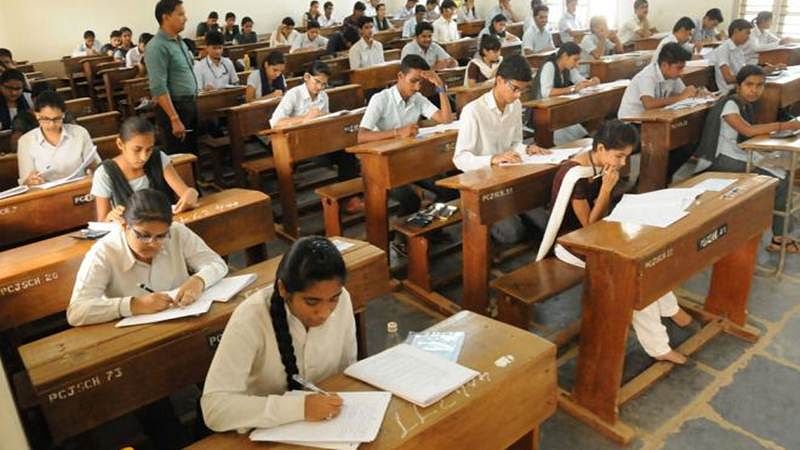Mumbai: As the world marks International Education Day today, education leaders have highlighted the pressing need for reform in India’s education system to address the challenges posed by the 4th Industrial Revolution. While acknowledging strides made through initiatives such as Skill India and the National Education Policy (NEP) 2020, educators underscored the urgency of bridging the digital divide, ensuring equitable access to quality education, and adapting training programs to align with rapidly evolving technologies.
Professor V N Rajasekharan Pillai, Vice-Chancellor of Somaiya Vidyavihar University in Mumbai, emphasised the transformative potential of the 4th Industrial Revolution, describing it as a global shift requiring a highly skilled workforce. “India must tackle persistent challenges such as the digital divide and inequities in education access. We need to continually adapt training and capacity-building efforts to the technological landscape. The theme of this year’s International Education Day, Artificial Intelligence (AI), highlights the need to prepare students to thrive in the age of intelligent machines through interdisciplinary research and ethical AI development,” he said.
Dr Raman Ramchandran, Dean and Director of the K J Somaiya Institute of Management, called for a focus on foundational sciences and entrepreneurial skills to build a future-ready workforce. “The convergence of digital technology, AI, and advances in basic sciences, such as the integration of digital and biology, is set to revolutionise industries like healthcare. Rapid learning, adaptability, and cross-functional collaboration will be essential to succeeding in an evolving job market,” he noted.
Professor Himadri Das, Director General of the International Management Institute (IMI), Delhi, highlighted the role of India’s higher education in equipping students for the future. “Integrating technology and data literacy into the curriculum, fostering innovation and critical thinking, and prioritising ethical leadership are vital. By promoting interdisciplinary collaboration and lifelong learning, institutions can prepare future leaders to stay ahead of the curve amidst technological change,” he said.
Professor Ashish Bharadwaj, Founding Dean of BITS Law School, noted that Industry 4.0 is defined by digitisation, data analytics, hyper-connectivity, and human-machine interaction, including robotics and AI. “Strong expertise in the laws and policies governing these technologies will become indispensable. Employers will seek professionals capable of addressing legal and ethical issues, such as data privacy, ethical AI use, and intellectual property rights,” he explained.
Dr Kalpana Gangaramani, Founder and Managing Director of Target Learning Ventures in Thane, underlined the importance of education in fostering peace and development. “The International Day of Education underscores education as a fundamental right and a force for positive change. Greater participation in discussions, workshops, and community initiatives can spread awareness and strengthen the message of inclusive and equitable learning,” she said.
As global economies are reshaped by the demands of the 4th Industrial Revolution, experts agree that fostering a robust and adaptable education system is key to empowering India’s youth and ensuring the country remains competitive on the world stage.
